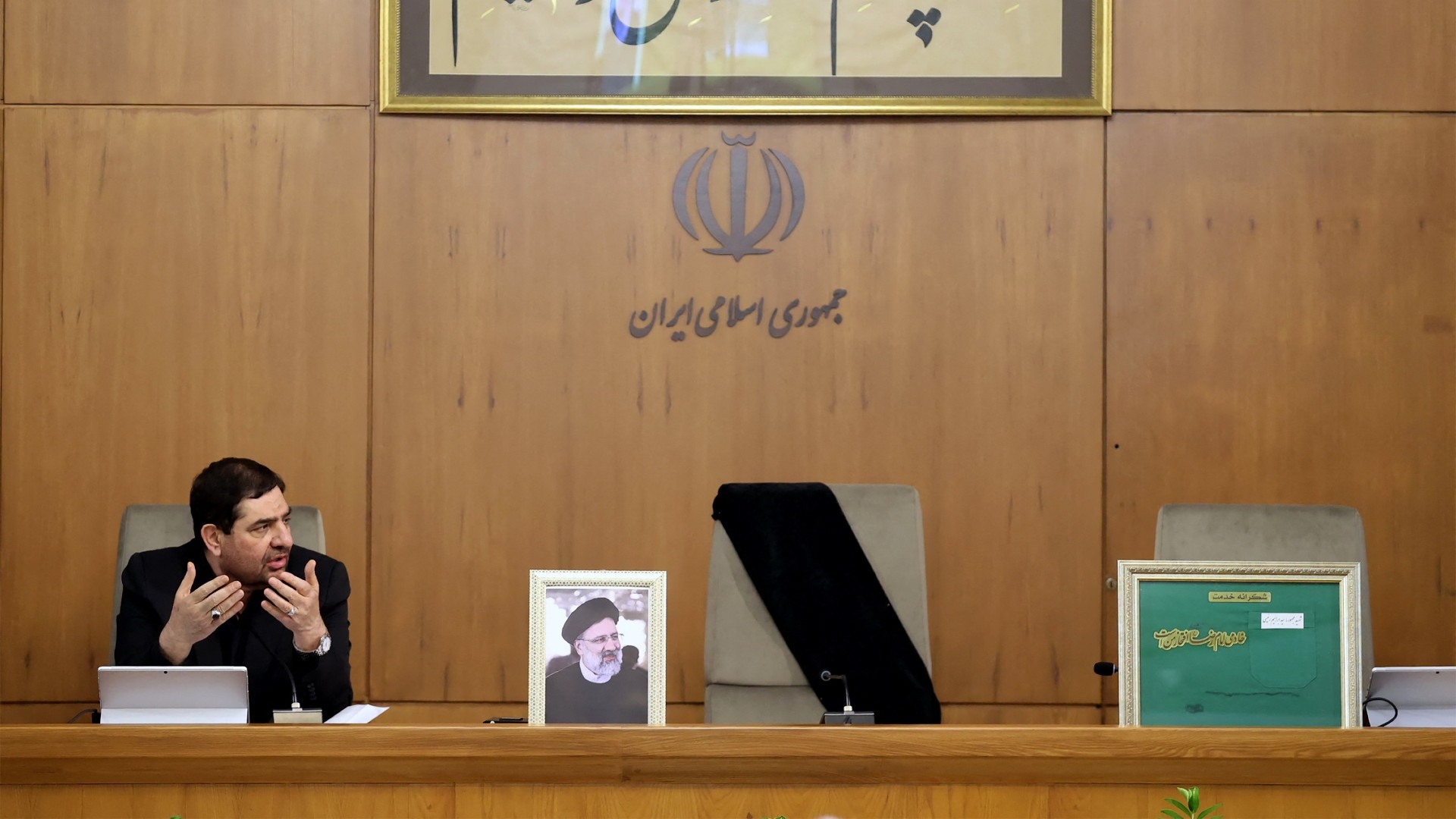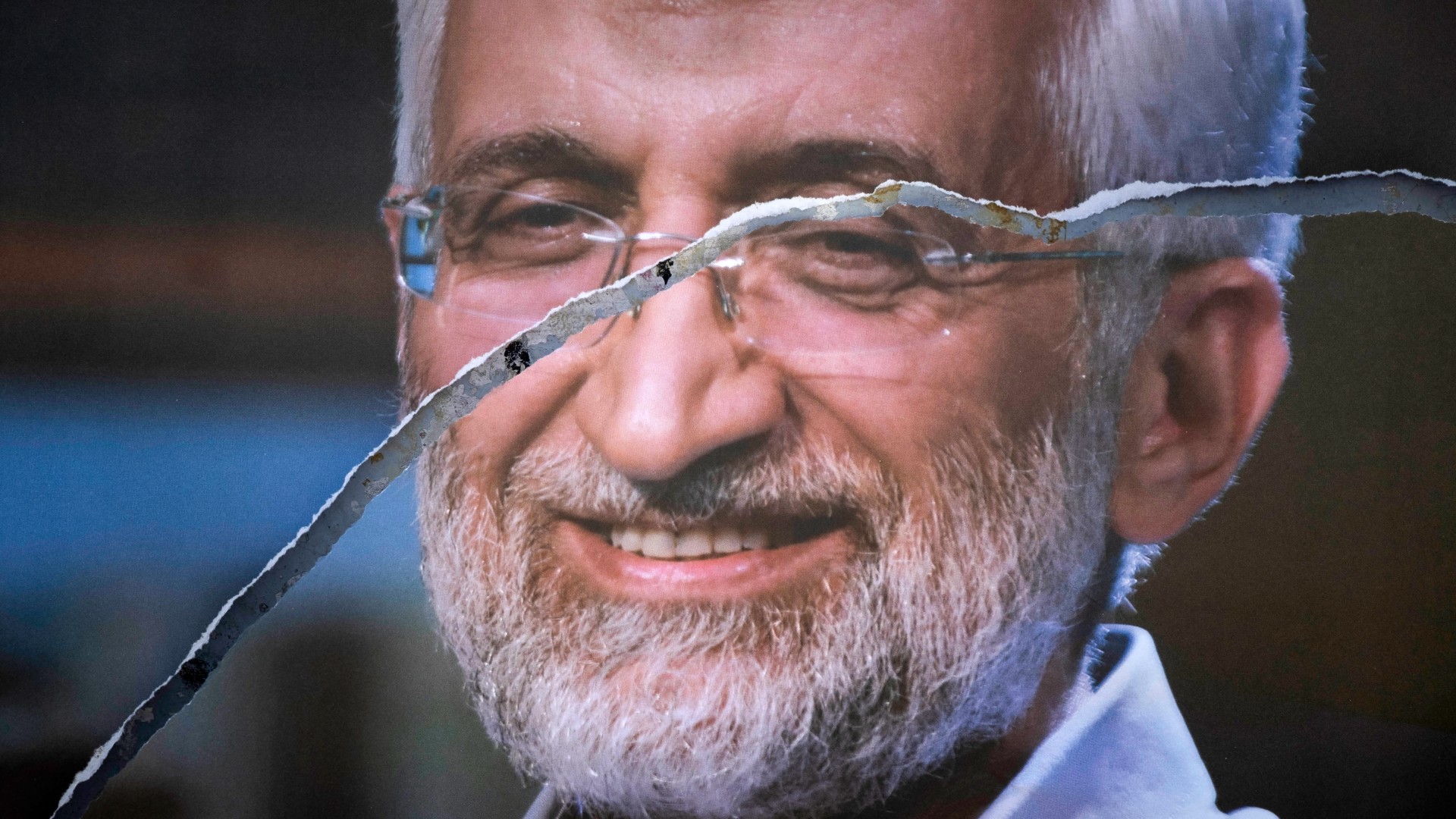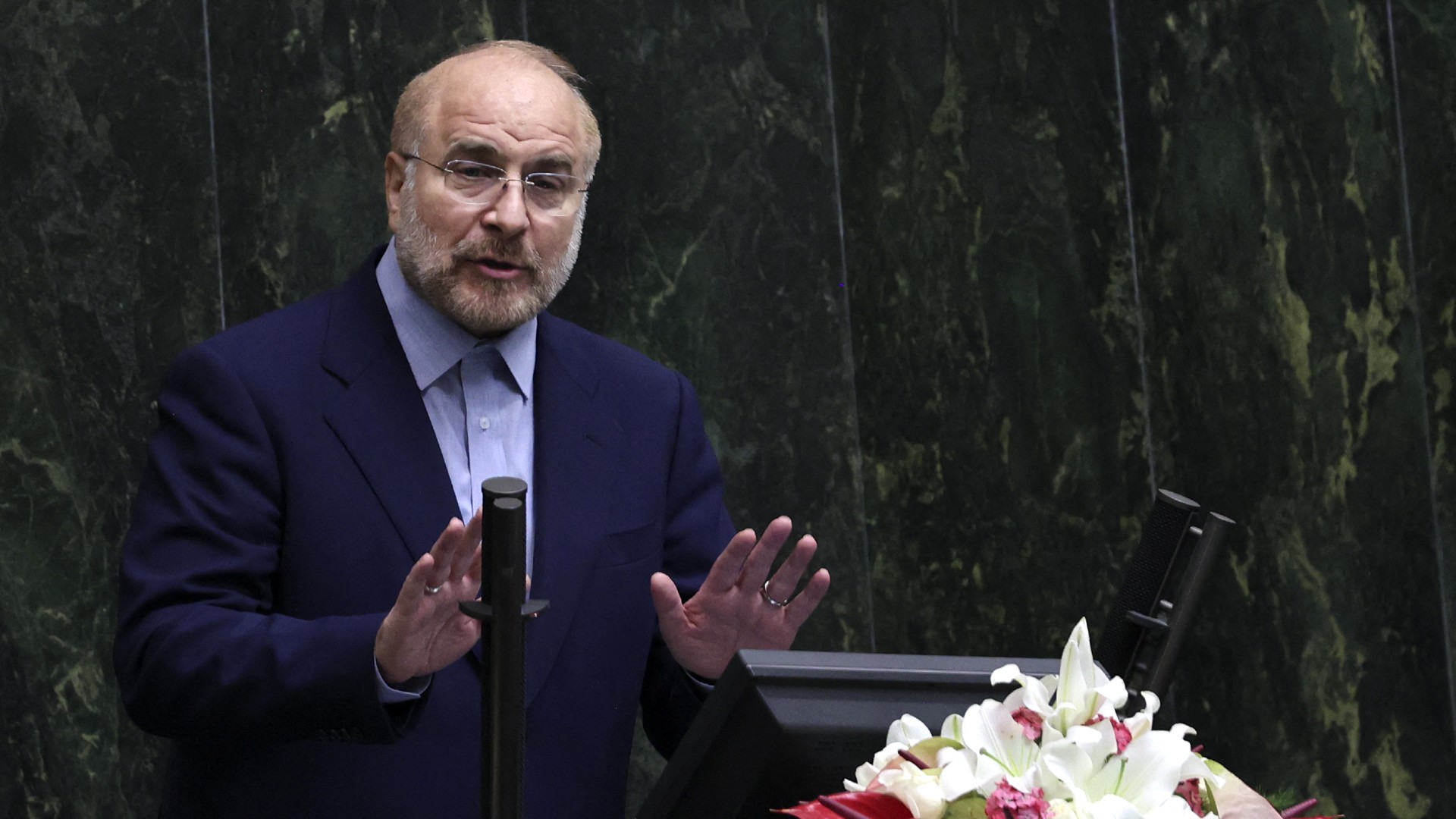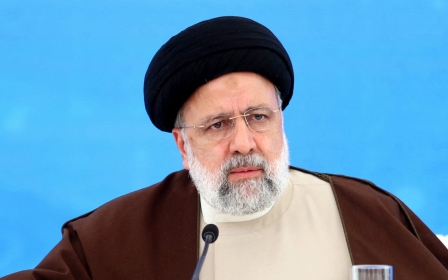Ebrahim Raisi: The candidates to succeed Iran's president

Just as Iranian politicians were looking ahead to the 2025 presidential election, the sudden death of President Ebrahim Raisi has altered Iran’s political picture and sparked a race that no one expected.
According to the constitution, Mohammad Mokhber, the first vice president, is now the acting president of Iran. By law, Mokhber, along with the heads of parliament and the judiciary, must prepare for and hold a presidential election within 50 days.
The names of various heavyweight Iranian political figures have been circulated as potential successors to Raisi.
Yet recent elections suggest the establishment may stop several of the most prominent from running.
First, they must get past the Guardian Council, a body whose members are directly and indirectly appointed by Supreme Leader Ayatollah Ali Khamenei.
New MEE newsletter: Jerusalem Dispatch
Sign up to get the latest insights and analysis on Israel-Palestine, alongside Turkey Unpacked and other MEE newsletters
In the 2021 presidential election, for example, the Guardian Council rejected the qualifications of many prominent candidates to pave the way for Raisi, who was supported by Khamenei and the Republican Guard.
Moderates, including Ali Larijani, an advisor to Khamenei, and reformists such as Eshaq Jahangiri, the first vice president under Hassan Rouhani’s 2013-2021 administration, were barred from the race.
Middle East Eye takes a look at some of the likely candidates to succeed Raisi:
Mohammad Mokhber
A moderate conservative who is currently the acting president of Iran.
Mokhber was not popular among Raisi’s entourage, according to a source in the government.
The source said Raisi’s inner circle, including his son-in-law Meqdad Nili, sought to remove Mokhber and replace him with former Republican Guard commander Parviz Fattah, before the president’s untimely death.
Yet the source also said Mokhber was initially appointed vice president on Khamenei’s recommendation, and if the supreme leader urges him to run, he would do so.
Saeed Jalili
A member of the principlist camp, often known as hardliners, was the chief nuclear negotiator for several years from 2007.
Jalili is a radical figure who opposes any interaction with the US and agreements with Washington. He launched two failed bids to become president in 2013 and 2021.
According to a conservative source, Raisi's inner circle, including his son-in-law and the principilists around him, are close to Jalili and will surely rally behind him.
Mehrdad Bazrpash
Currently the minister of roads and urban development, he is known to be very ambitious. Previously, Bazrpash held senior positions in Mahmoud Ahmadinejad’s 2005-2013 government.
According to the same conservative source, he is backed by powerful and wealthy principlists inside and outside of the Raisi administration. Half of Raisi’s team would support Bazrpash, while the other half is expected to opt for Jalili.
Mohammad Baqer Qalibaf
A former Republican Guard air force commander and ex-mayor of Tehran, the current parliament speaker has attempted to run in presidential elections several times.
Before Raisi’s death, he was considered the president’s biggest opponent, and the late president’s team tried to stop him from being elected as parliament speaker.
Now, he is probably closer than ever to his dream of becoming president, as his biggest rival is dead and he can attract anti-Jalili conservatives and some moderate voters.
Ali Larijani
A moderate with liberal views on foreign policy and an ally of Rouhani. As parliament speaker between 2008 and 2020, Larijani played a key role in passing the nuclear deal, despite fierce criticism.
In the 2021 elections, despite being loyal to Khamenei, Larijani was barred from the race. A source close to Larijani told MEE that if he receives a positive signal from the establishment, he would run.
Javad Zarif
One of the most popular politicians in Iran. His views on foreign policy, including the need for a deal with the US, and his negotiation skills in reaching the pact in 2015, contributed to his popularity.
However, with Donald Trump unilaterally exiting the deal in 2018, Zarif’s popularity decreased somewhat.
Principlists see Zarif as their biggest threat, but many believe he wouldn't get approval from the Guardian Council, as the establishment doesn’t trust him enough to allow him to run unless Khamenei intervenes.
In 2021, many reformist leaders urged Zarif to run, but he declined. Matters weren’t helped by a leaked audio recording where he was heard making controversial remarks about the Republican Guard. The leak appeared intended to prevent Zarif from running.
Ali Akbar Salehi
Despite his age, 75-year-old Salehi is believed to have considerable support among traditional conservatives, reformists and moderates. He is the father of Iran’s nuclear programme and played a key role in the success of the 2015 nuclear deal.
Salehi was considering running in 2021 but decided to withdraw.
Abdolnaser Hemmati
A former moderate central bank governor and economist who was allowed to run in the 2021 elections, his performance was promising and unexpected despite not being a political figure.
Hemmati has liberal views on foreign policy and the economy and wanted to appoint Zarif as his first vice president if he won in 2021.
A former Iranian official told MEE that no decisions have been made while the political scene is so uncertain, but once the picture becomes clearer, he may decide to run.
Ali Shamkhani
The former head of Iran’s Supreme National Security Council, Shamkhani drew attention last year by signing a China-brokered deal with Saudi Arabia to resume ties.
He is also a former Republican Guard commander and ex-defence minister.
A source close to the reformists told MEE that Shamkhani is in a good position now, having amassed considerable wealth by smuggling oil and bypassing US sanctions.
However, reformists and moderates tend to view him negatively, as Shamkhani opposed efforts to revive the nuclear deal in Rouhani’s second term.
It is unlikely that Khamenei would give him the green light to run for office.
Other potential candidates include:
Mohammad Javad Azari Jahromi – A popular former communications minister who could have a high chance of winning if approved by the council.
Alireza Zakani – The controversial mayor of Tehran.
Saeed Mohammad – A young Republican Guard commander dismissed from his post.
This article is available in French on Middle East Eye French edition.
Middle East Eye delivers independent and unrivalled coverage and analysis of the Middle East, North Africa and beyond. To learn more about republishing this content and the associated fees, please fill out this form. More about MEE can be found here.






